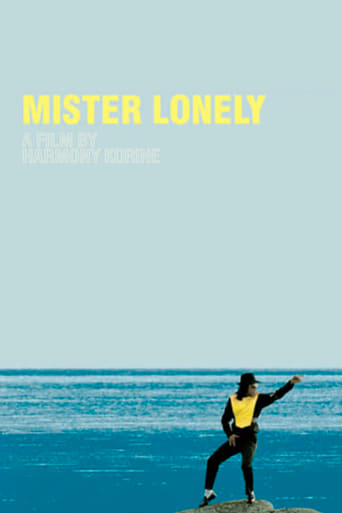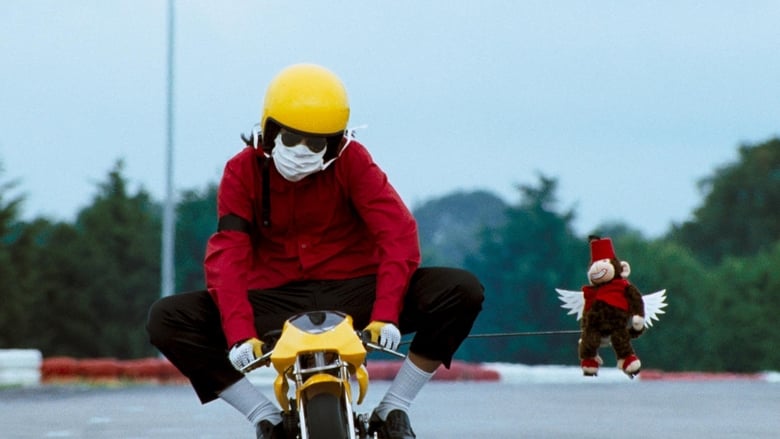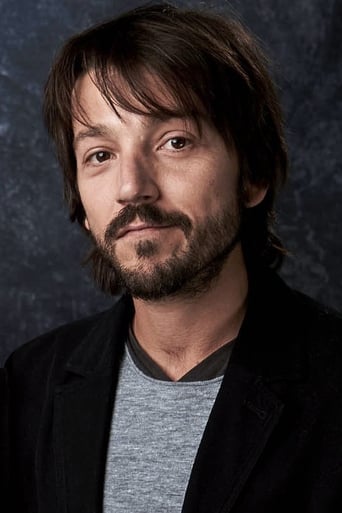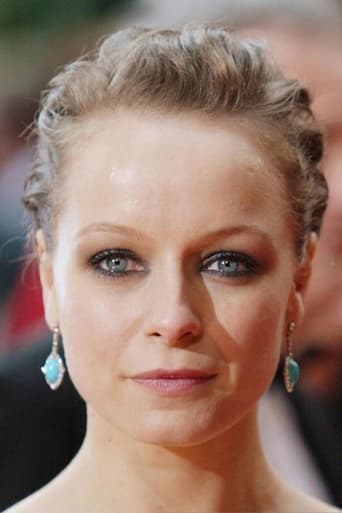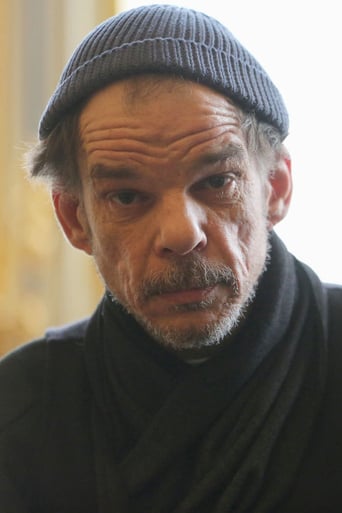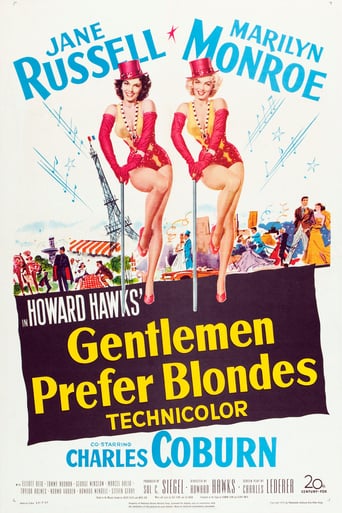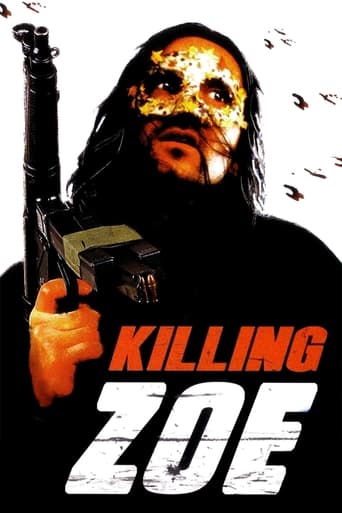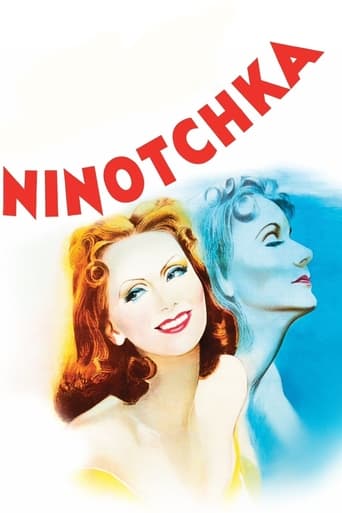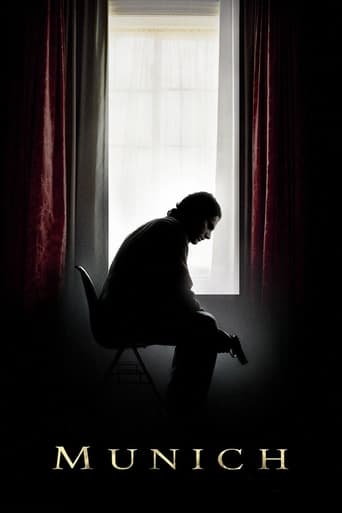Mister Lonely (2008)
In Paris, a young American who works as a Michael Jackson lookalike meets Marilyn Monroe, who invites him to her commune in Scotland, where she lives with Charlie Chaplin and her daughter, Shirley Temple.
Watch Trailer
Cast
Similar titles
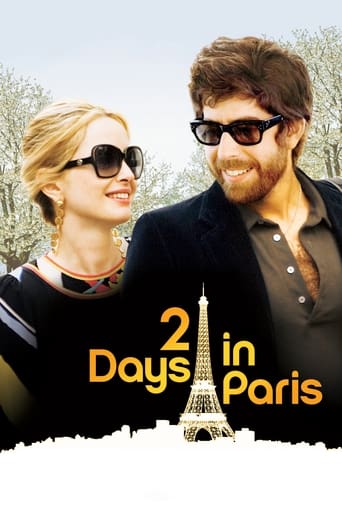
Reviews
I love this movie so much
Too much of everything
The Age of Commercialism
It is an exhilarating, distressing, funny and profound film, with one of the more memorable film scores in years,
"Hollywood is like being nowhere and talking to nobody about nothing." - Antonioni Harmony Korine directs "Mister Lonely". The plot? A group of celebrity lookalikes assemble in an isolated mansion. Here they practise vaudeville routines, build a stage and hope to the heavens that visitors will come watch them perform. A second subplot observes as a convent of nuns - led by none other than Werner Herzog - perform humanitarian acts in a Third World country. Bizarrely, the nuns discover that they have the ability to fly in the air once they show utmost faith in God. Both subplots end with disappointment, the nuns and their plane crashing (with everyone on board killed) and the celebrity impersonators throwing a show which no-one attends (which leads to much feuding amongst the actors and even a suicide).Thoroughly aimed at the Facebook generation, "Mister Lonely's" first act centres on gangs of alienated celebrity impersonators who hunger for connection. Here every human being is an actor, insecure performers who "put themselves on display", "regulate and monitor their identities" and assume manufactured, "celebrity personalities" in an attempt to "feel special". But if late capitalism atomizes, displaces and isolates, it also offers new, hyper-mediated modes of human connection. And so Korine's celebrity impersonators become grotesque, freakish monsters, twisting their bodies and updating their profiles out of a need to be loved, wanted or even recognised.The narcissism of the impersonators is then mirrored to the altruism of the nuns. Where the actors think only of themselves, the nuns act selflessly to help others; they put their bodies and lives on the line, and seem to live a wholly sacrificial existence. But Korine also deftly shows how the reverse is also true. The actors may seem selfish, but in their own way are beautifully selfless, communal, exude their own spirituality and readily give of themselves for the betterment of others. Indeed, Korine spends much of the film drawing parallels between the actors' commune and religious covens. Likewise, the nuns may seem supremely generous, but behind their motivations lurk commensurate insecurities, delusions and what are really ego-maniacal beliefs.Korine then draws other complex parallels. Psychological damage explains both the nuns and the actors, but does not negate the social benefits of what they do. Likewise, while the actors pretend to be broadcasting a certain individualism (seemingly unique outfits etc) - as opposed to the communal anonymity of the nuns (standardized garbs etc) - they in reality have indistinct identities and must adopt second hand personas. Korine then equates the nuns' faith and the actors' hunger for fame, both groups trying to find personal exaltation, and a sense of well-being and security in something that is largely false and/or insecure. Strangely, Korine punishes both groups. Extreme individualism/egotism and extreme altruism/selflessness are seen to be dead ends.The film's duality itself mirrors contemporary political discourse. Capitalism is organised narcissism and tends to organise our lives around the narcissism of the powerful. Offered as "antidotes" to this are typically collectivised, altruistic social models. In "The Culture of Narcissism", Christopher Lasch himself notes that certain forms of narcissism are the result of a relentlessly consumerist society in which the "self" is repeatedly destroyed, purchased and projected. For Lasch, our modern era is one associated with pathological narcissism, perpetual adolescence, and a very weak sense of self which requires constant external validation.For Lasch, even "alternative lifestyles", an exodus to which began with the collapse of post-Sixties progressive movements, are tainted. With the victory of neoliberalism and the designed destruction of all alternative social and economic models, radicals found themselves gobbling up objects of mass consumption and consciousness (hypnotism, Tai Chi, health food etc) and then, with no future, retreating into a kind of extreme individualism. This glorification of the self then went hand in hand with its complete obliteration; we are celebrated as individuals precisely at the moment when we are most subsumed or integrated into the logic of capitalism. A veneer of cynicism is used to deny these truths, but such a stance merely makes us more susceptible to accepting subservience. Such a dissolution of illusions and myths, far from sharpening one's perception of reality, then reduces man's interest in the real world itself. Man thus retreats inwards, to a private, cloistered self. This new narcissism then becomes increasingly obsessed with self-improvement, medicalization, acquisition and the approval of peers and authorities. Deprived of real control and meaning, the subject retreats into grandiose fantasies, and hopes it might one day be confirmed, applauded or stumble upon its fifteen minutes of fame. Alongside such a Western narcissism is a new breed of Eastern narcissism; those obsessed with monastic purity, cultivating beautiful souls and remaining socially disconnected but spiritually clean. Both stances – the narcissism of the actors and the nuns – hinge on both a psychotic denial of reality and a betrayal of the social.Like the works of his hero, Werner Herzog, Korine's film ably mixes moments of horror, documentary realism and the absurd. Korine also captures a number of sublime passages, most of which involve nuns floating eerily through the air. Like most of Herzog's films - "Even Dwarfs Started Small" is its chief ancestor - "Mister Lonely" also hinges on outcasts and eccentrics. Korine presents these marginalised characters with a complex mixture of sympathy and revulsion. His follow-up film, "Spring Breakers", would adopt a more pessimistic tone, portraying America as a pornographic cesspit.8/10 – Worth two viewings.
MISTER LONELY is that sort of film that pleads to be loved. It has an original concept for a plot, it takes many visual and surreal chances, and it is populated with a lovable cast who seem to be having fun with the process. Harmony Korine both wrote (with Avi Korine) and directed this pastiche about people who, frustrated with reality, live their lives as impersonators of famous people. When it works it is delightful: when it gets bogged down with a self-conscious script it falls flat. 'Mister Lonely' (beautifully depicted in the opening sequences under the credits as a child who cannot be what he is told to be) is a young man who takes on the persona of Michael Jackson (Diego Luna), performing dance movements on the streets of Paris as a busker. He encounters a like person who lives impersonating Marilyn Monroe (Samantha Morton) and before long the two are off to a Highlands commune in Scotland, populated with full time impersonators such as a foul-mouthed Abraham Lincoln (Richard Strange), Charlie Chaplin (Denis Lavant), The Pope (James Fox), Father Umbrillo (Werner Herzog), Sammy Davis, Jr. (Jason Pennycooke), the current Queen Elizabeth (Anita Palenberg), Little Red Riding Hood (Rachel Korine), James Dean (Joseph Morgan), Madonna (Melita Morgan), and flying nuns among others. The story is less a plot than a celebration touched with a bit a angst of how the unnoticed people in the world find a source of belonging by embracing imagination. The film is choppy and loses some of its potential allure from the editing. The cinematography by Marcel Zyskind captures some truly beautiful moments and the musical score by Jason Spaceman with the Sun City Girls adds a lyrical air to this surreal romp. For lovers of Harmony Korine this movie will please. For viewers with limited attention spans (running time is 112 minutes) the film begs indulgence. Grady Harp
http://eattheblinds.blogspot.com/With his new film Mister Lonely, Harmony Korine boldly declares what many have suspected since his first feature Gummo: that's it, that's all folks. Korine is by no means status quo and his fixations have little range outside of what can best be described as: odd. At the time it debuted, Gummo was visionary, a white trash masterpiece, a spectacle of filth, oddities, nastiness and depravity. There wasn't much of a story behind Gummo, but because it was loosely structured and resembled a documentary, it was more like watching sideshow freaks at the zoo than it was watching a movie. Nevertheless, Gummo felt far ahead of its time and proved to be an incredibly entertaining circus. Korine proved Hollywood wrong, that story was not always required, just as long as you provide viewers with a collection of fascinating oddballs and entrancingly unorthodox visuals.But Korine's formula dated itself prematurely and his second feature, Julien Donkey-Boy, tried unsuccessfully to recapture the rapture of staring at freaks. JDB did nothing to dispel the suspicion that Korine was a one trick pony, a director more interested in parading before us a series of exhausting vignettes intent on using shock as a substitute for depth. In the seven year absence between JDB and ML, hope amongst fans of Korine grew, with expectations of Korine reclaiming his title as the infant terrible of American cinema. Unfortunately for Korine fans, ML does nothing more than confirm the director is an outdated, one trick pony.Mr Lonely involves a Michael Jackson impersonator (Diego Luna), adrift in Paris until he crosses paths with a Marilyn Monroe impersonator (Samantha Morton). Monroe invites Michael to an impersonator's Shangri-La in the Scottish highlands where she and a handful of other impersonators live free from the intervention of the outside world. In essence this is a place where outsiders can feel at home by completely letting go of who they really are, affording them the ability to completely inhabit their pseudo-selves. Inexplicably intercut into the primary story is the very un-subtle tale of a group of blue nuns in South America who can miraculously fall from the sky without parachutes. Flying nuns...how ironic (wait until you see their denouement).No surprise, Korine milks both story lines for every ounce of spectacle he can squeeze out of their unusual premises, their unusual settings and their unusual cast of characters. But few of these moments ring true, they instead come across as painfully contrived and purposefully profound. When watching you get the feeling the director is trying very hard to be different, unique and penetrating and instead comes across as a first year fine arts student wanting to stand out from the crowd.Despite being a blunt, boring, predictable and a shameless parade of eccentrics and odd behavior, ML does possess a handful of beautiful cinematic moments, where arresting visuals are married to hypnotic and reflective music. What elevates ML above JDB is the simple fact Korine and his cinematographer are no longer bound to the overly simplistic, fascist and pretentious rules demanded of Lars Von Trier's Dogme 95 manifesto (as was the case for JDB). With Dogme in the trash, so is miserable lighting, bad camera work, diegetic music and an overall lack of patience. In their place ML provides viewers with just enough visual and romantic charm to avoid being a complete turn off, yet sadly, still remains a challenge for viewers to not turn off their TVs to do something more rewarding...like washing their hair.
Since no one makes movies like Harmony Korine, I'm not sure what the standard for critique is. So suffice to say it's really beautiful, unsettling, rambling, and actually kind of spiritual. Love his movies or not he is an honest filmmaker with a true sense of the surreal and the poetry that lurks in the strangest details. The casting is brilliant and the structure unique and pure Korine. The premise is the wacky goings on at a retreat for celebrity and historical impersonators tucked away in (where?) the Scottish Highlands. They are rehearsing a "play" of some kind. It makes for some beautiful moments. This story is told against another story of nuns who want to jump without parachutes from an airplane to prove the possibility of miracles (as legend claims did happen once) Needless to say this has ripe opportunities,especially when you have Werner Herzog playing the pilot. (Korine says the scene with the man waiting for his wife to return to the airport is an actual caught conversation. THIS you have to see to believe). At the screening I attended, an very odd fan's comment to Korine was simply; "Nuns floating dead on a beach. Awesome image man.Dude you rock". Korine says the two stories are really the same thing. Hmmm - I guess so. Putting the great, great Samantha Morton together with Herzog, Richard Strange, Leos Carax (Pola X), Anita Pallenberg, Diego Luna, and James Fox - matches any casting coup by John Waters. The story may be criticized as forced and ridiculous, but Korine is willing to take bold chances, to mix it up and. with the help of great actors and wonderful cinematography he create of a work of real cinema poetry.
